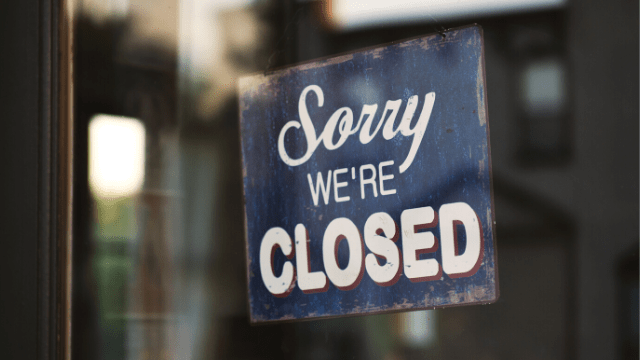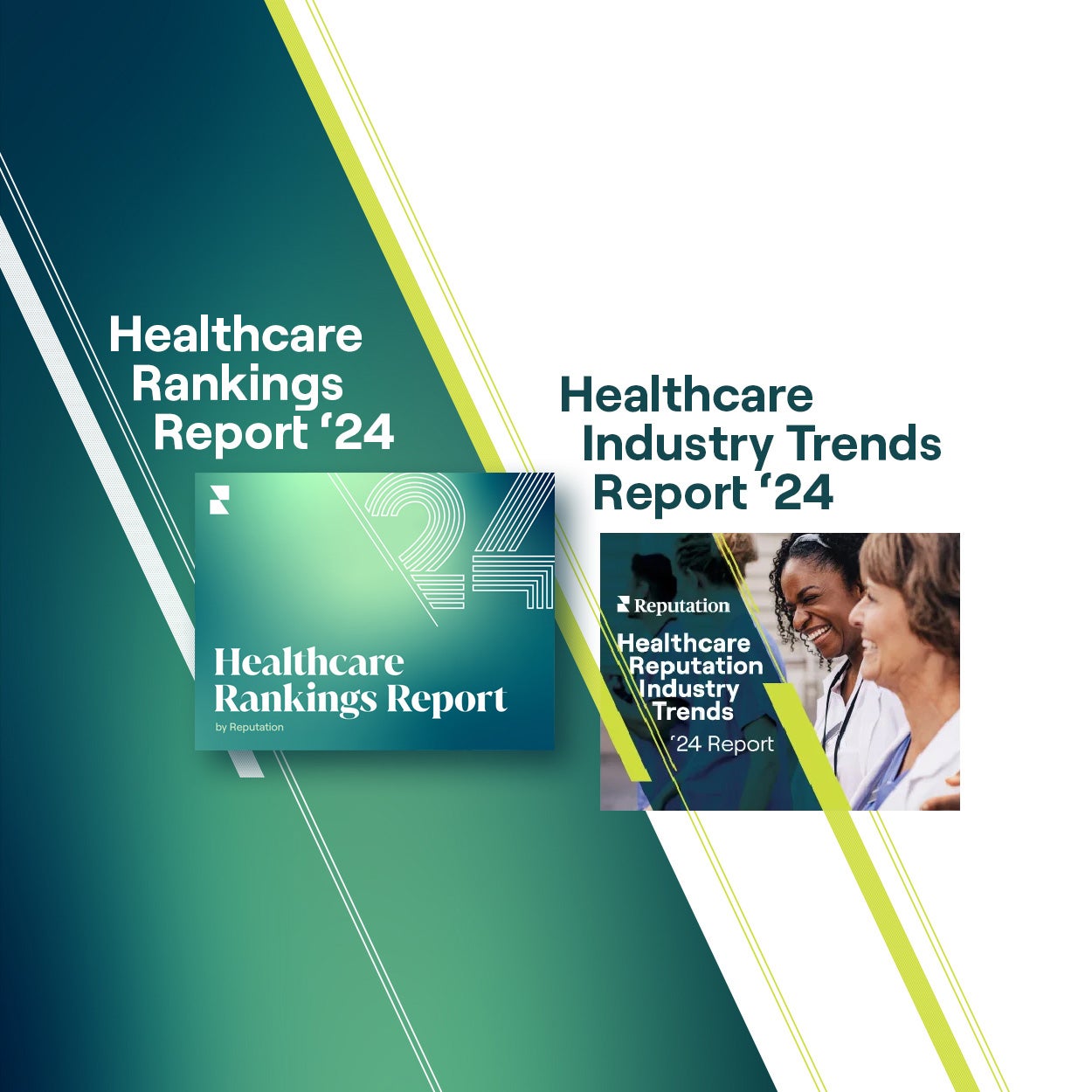What Lockdown Taught Us About Online Reputation & CX
Reputation Staff Writer
Arguably the hardest hit of businesses were those in the hospitality sector but auto-dealers, financial services and property management firms were also amongst those forced to swiftly adapt as measures were implemented in law to slow the spread of COVID-19.
Leaving Lockdown
As lockdown restrictions gradually relax, it is crucial that businesses in all sectors seek to learn lessons from life under lockdown. Savvy senior figures across the full spectrum of UK industries are not only realising the full impact of lockdown on their companies, but they are also taking stock of their successes and failures during lockdown and using these as a platform for future success.
In particular, the top brass at leading companies have embraced online reputation & CX management as an essential tool to ensure business survival in tough times and for sowing the seeds of future prosperity.
Let’s delve into the lessons that lockdown has taught the British business community about online reputation (ORM).
You’re Open Even When You’re Closed

Coronavirus lockdown has had far-reaching effects on UK businesses but digitally equipped companies have been able to minimise the damage.
Our digital world means that businesses with physical locations are never truly closed; their online presence means that they remain visible to customers who may interact with the company via any of its digital touchpoints.
The importance of these digital touch points became even more significant during lockdown closures. In the hospitality sector, for instance, restaurants and food service providers became almost solely reliant on their online offerings. The picture was somewhat similar for businesses in other industries, including clothing retailers and car dealerships which were deemed non-essential by the UK’s government and were thus forced to close indefinitely. Businesses agile enough to switch to operating solely online were those that were better able to weather-the-storm.
Your Digital Front Door Is an Indispensable Asset
Just as companies ought to invest time and effort into delivering a first-class customer experience at their physical premises, they should endeavour to impress customers knocking on their ‘digital front door’.
What is your digital front door? Your digital front door includes all the ways your company or branch can be found by customers online. It also encompasses the ways in which customers interact with your company. Examples of touch points which constitute your digital front door, include:
- Google My Business (GMB) listing
- Social media pages
Impressing customers via your digital front door is a process that is simple in theory. It may involve:
- Updating GMB listings to show accurate opening times across multiple locations
- Reviewing social media pages to show the latest opening times and order information
- Using your digital front door to point customers towards services they need
While implementing these measures may have sounded simple prior to lockdown, it was rather different in practice. Companies learned that responding swiftly to prepare their digital front door amidst COVID-19 was extremely difficult. For instance, companies operating across multiple locations struggled to change their GMB listings as the pressure to adapt to business under lockdown mounted. Furthermore, many companies found it a considerable challenge to direct customers towards services they needed without their physical locations and face-to-face interactions with customers. Sadly, companies which floundered amidst these challenges suffered costly reputational damage which will have long-term effects on their business’ bottom-line.
Remember that a properly managed GMB profile generates on average 10x the amount of web traffic than your website does, so this is really where you want to put out your updates and latest offers to begin with.
ORM Tools Are a Critical Component of Your Business’ Toolbox
Having the right tool at the right time is crucial. At the start of the COVID-19 lockdown, some businesses faltered at the many hurdles which were presented and those that were not able to tend efficiently to their digital front doors were left in a precarious position, especially if they had to place some members of their team on furlough.
Businesses equipped with tools such as Reputation.com’s solutions for business listing optimisation, directory management and customer surveys, were quick and efficient in their communications and adaptations to the new business environment.
Companies who quickly updated their GMB listings during lockdown, reviewed social media pages to offer up-to-date information relating to COVID-19 changes, and used their digital front doors to highlight services to customers are those which will bounce back stronger in a post-lockdown landscape, and be better equipped for success in the future.
Conclusion
COVID-19 has been tough on every company but those that used digital tools and assets effectively under lockdown are well-placed to make a comeback and maximise profits once the UK gets back to business.
If there was ever any doubt about the importance of your online reputation and your CX, lockdown ought to have obliterated them. Put your company on the front foot by making plans to manage its online reputation.

